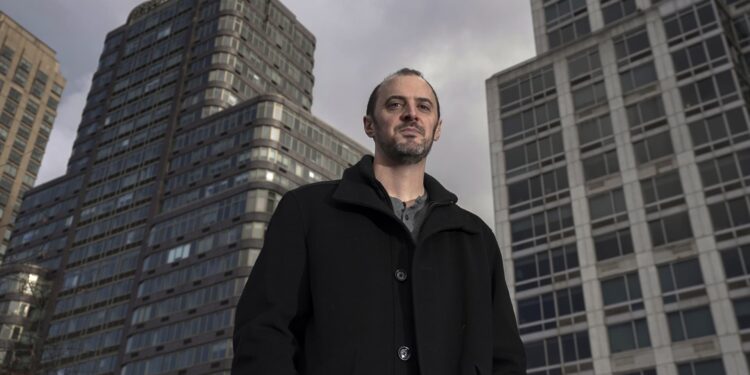Nate Anderson, known for uncovering corporate frauds and Ponzi schemes through Hindenburg Research, was photographed on January 6, 2023, in New York. His firm is celebrated for making daring short bets that have paid off remarkably well, but as of yesterday, Anderson announced its closure.
In a heartfelt note shared on the firm’s website, Anderson stated, “I’ve discussed this with my family, friends, and our team since late last year. The decision to dissolve Hindenburg Research comes as we reach the end of our current line of ideas. After wrapping up the recent Ponzi cases and sharing our findings with the regulators, the time has come.”
Since its inception in 2017, Hindenburg has become known for publishing critical reports on various companies. Notably, in 2020, the firm gained significant attention for its findings on the vehicle startup Nikola. They revealed allegations that Nikola had staged a video showcasing autonomous truck capabilities—a claim the company subsequently confessed was true. This investigative work led to Nikola’s founder, Trevor Milton, receiving a four-year prison sentence.
While Hindenburg often targeted smaller companies, it didn’t shy away from scrutinizing significant financial figures and their enterprises, like Carl Icahn’s Icahn Enterprises LP and Gautam Adani’s business empire.
The last piece of research Hindenburg published was on January 2, concerning auto retailer Carvana, which they sharply criticized as a “father-son accounting grift for the ages.” Carvana, on their part, dismissed the report as “intentionally misleading and inaccurate.” Despite the stock dropping over 11% post-publication, it has since rebounded.
Hindenburg’s strategy wasn’t just about research—it also involved short selling, meaning the firm bet against the companies it scrutinized, profiting if their stock prices fell. As Hindenburg’s influence grew, some stocks experienced immediate downturns following the release of their reports.
The exact profit figures from Hindenburg’s short bets remain undisclosed.
Hindenburg’s rise coincided with a period when short selling faced increased skepticism. The 2021 meme-stock phenomenon pitted retail investors against hedge funds, prompting many professional investors to reconsider short selling. Meanwhile, federal authorities, including the Department of Justice, have ramped up investigations into other short sellers. Notably, Citron’s Andrew Left faced securities fraud charges last year.














